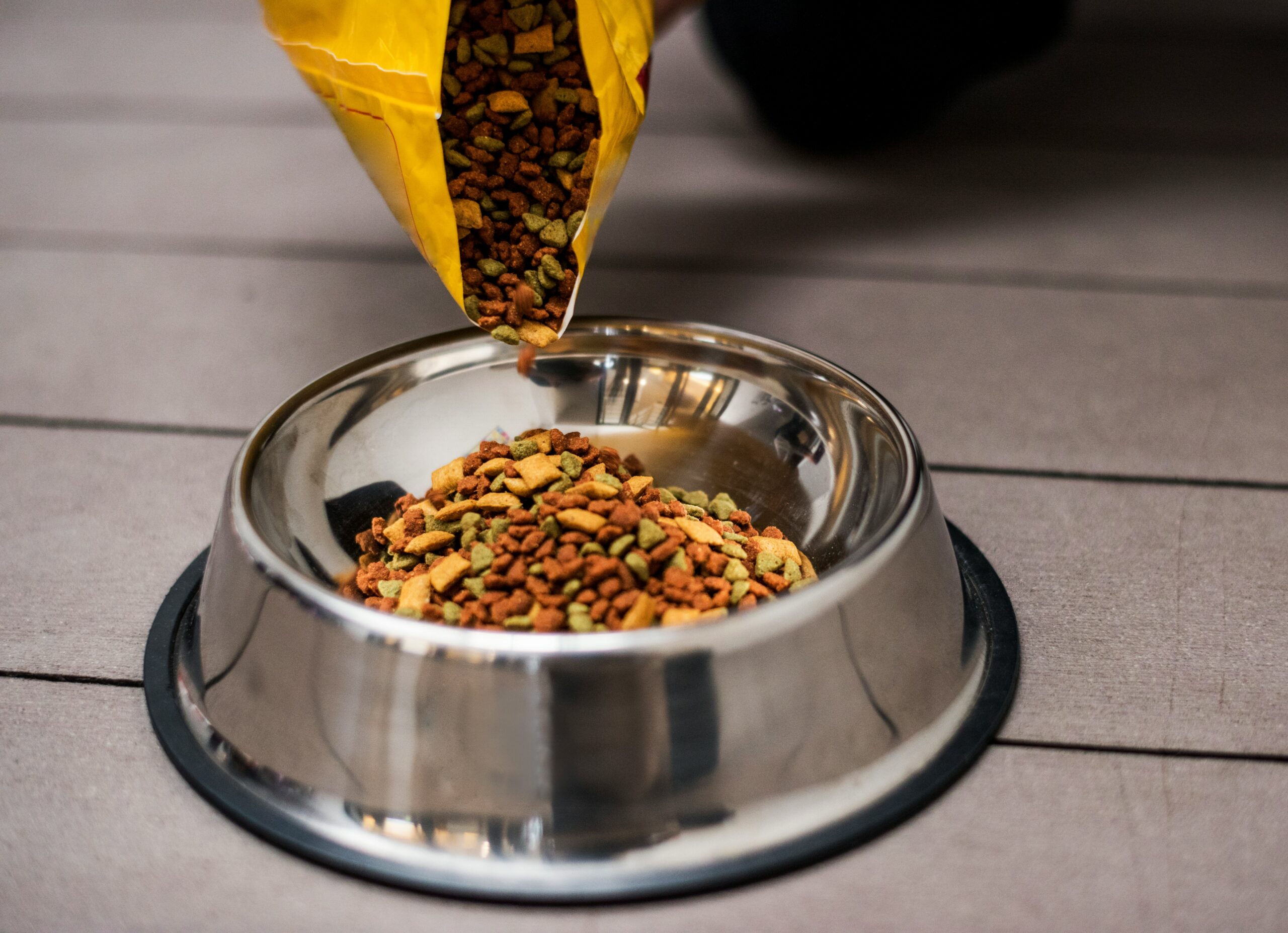Understanding the connection between nutrition and your pet’s behavior can significantly enhance their quality of life and your relationship with them. While many pet owners focus on training and exercise, the role of diet in shaping a pet’s demeanor is often overlooked.
When it comes to our pets, we often think of nutrition in terms of physical health, but the impact of diet on behavior is equally profound. A well-balanced diet can influence everything from energy levels to mood stability. According to Dr. Karen Becker, a renowned veterinarian, “A pet’s nutrition is the cornerstone of their behavior.” This highlights the important role of diet in managing behavioral issues.
Understanding the Link Between Nutrition and Behavior
Several studies have shown a correlation between poor nutrition and behavioral problems in pets. For instance, dogs with diets high in sugar and simple carbohydrates may exhibit hyperactivity or aggression. Conversely, a diet rich in omega-3 fatty acids can promote calmness and reduce anxiety.
| Nutrient | Behavioral Impact |
|---|---|
| Omega-3 Fatty Acids | Promotes calmness |
| High Sugar | Increases hyperactivity |
| High Protein | Improves focus |
| Antioxidants | Reduces cognitive decline |
| Complex Carbohydrates | Stabilizes mood |
| Vitamins & Minerals | Supports overall mental health |
| Amino Acids | Boosts serotonin levels |
| Low Fat | Prevents lethargy |
Practical Tips for Enhancing Your Pet’s Diet
To help your pet achieve optimal behavior through nutrition, consider these tips:
- Introduce foods rich in omega-3s like fish oil to improve calmness.
- Avoid foods high in sugar to prevent spikes in energy and aggression.
- Incorporate complex carbohydrates for steady energy and mood.
- Ensure a balanced intake of vitamins and minerals for overall health.
Real-Life Example
Take the case of Rover, a lively Golden Retriever with a penchant for mischief. After consulting with a pet nutritionist, his owner switched to a diet lower in carbohydrates and higher in protein and omega-3s. Over time, Rover became more focused during training sessions and exhibited less anxiety-driven behavior.
Frequently Asked Questions
How do I know if my pet’s behavior is linked to their diet?
Look for sudden changes in behavior that coincide with dietary changes. Consulting a vet can provide clarity.
Can diet changes alone improve my pet’s behavior?
While diet plays a crucial role, it’s often most effective when combined with training and environmental enrichment.
What are signs that my pet’s diet might be affecting their behavior?
Signs include hyperactivity, aggression, or sudden lethargy unrelated to health issues.
Conclusion
By understanding and optimizing your pet’s nutrition, you can positively influence their behavior, leading to a happier and healthier life for both you and your furry friend. Remember, small dietary changes can make a significant difference over time, so start with one adjustment and observe the positive changes.

Leave a Reply